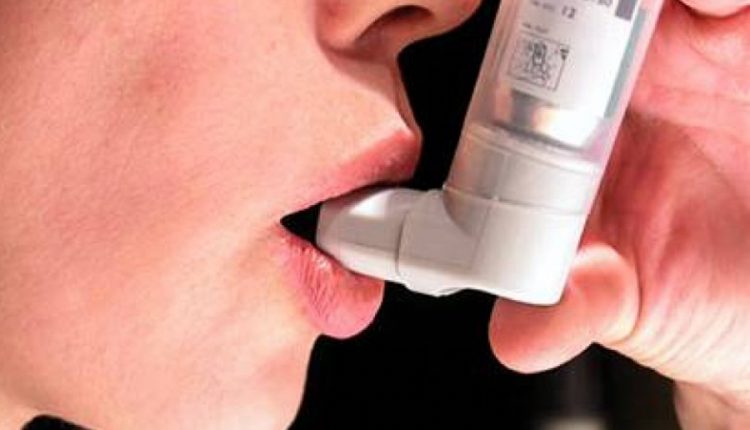
Severe asthma: drug proves effective in children who do not respond to treatment
Severe asthma in children: the New England Journal of Medicine published the results of an international study involving more than 400 children aged between 6 and 11 years, in which Bambino Gesù Children’s Hospital took part
Good news for children with severe asthma who do not respond to current treatments
The use of a drug (dupilumab), already used in the treatment of atopic dermatitis and asthma in adults, drastically reduces symptoms and hospital admissions.
The results of the international multicentre study, in which Bambino Gesù Children’s Hospital participated, were published in the New England Journal of Medicine.
CHILD HEALTH: LEARN MORE ABOUT MEDICHILD BY VISITING THE BOOTH AT EMERGENCY EXPO
ASTHMA
Asthma is the most common chronic disease in children. The severity of asthma is assessed according to the characteristics of the symptoms, the treatments needed to control them and the presence of flare-ups.
The treatment of severe asthma requires the combination of several medications, often at higher dosages.
Uncontrolled asthma occurs when patients do not respond to treatment (including poor adherence to treatment), and when they experience frequent flare-ups despite treatment.
In the United States, approximately 75,000 children between the ages of 6 and 11 years are living with uncontrolled moderate to severe asthma.
Overall, children with uncontrolled moderate to severe asthma account for about 3% of those with asthma.
SEVERE ASTHMA: THE STUDY
The international multicentre study in which Bambino Gesù participated involved 408 children aged 6-11 years with uncontrolled moderate to severe asthma.
It was a randomised double-blind controlled trial.
This means that half of the patients were given a placebo (control group) and the other half were given the drug (dupilumab).
The choice of patients to be given the drug and those to be given the placebo was causal (randomised).
Neither the patients nor their doctors were aware of which group received what (double-blind).
The trial lasted 52 weeks.
RESULTS OF THE STUDY ON SEVERE ASTHMA IN CHILDREN
The drug, which is already in use for the treatment of atopic dermatitis and asthma in adults, has been shown to be extremely effective in reducing flare-ups, improving lung function and asthma control in children.
Specifically, it reduced the number of hospital and outpatient admissions of children with asthma by 60% compared to 20% for those on placebo.
Spirometry improved by 25% compared to those on placebo.
Eosinophils, the blood cells that indicate allergic inflammation, decreased by 70%.
All children who received the drug showed better asthma control compared to only 30% of those who received the placebo.
Quality of life improved by 60 per cent in both patients and their families compared to 35 per cent in those taking placebo.
Publication in New England Journal of Medicine of study on severe asthma
“The publication in the New England Journal of Medicine of these phase 3 results underscores the very significance of dupilumab therapy for younger children with asthma refractory to common therapies and its potential clinical value,” emphasises Professor Alessandro Fiocchi, Head of Allergology and Cystic Fibrosis at the Bambino Gesù Children’s Hospital in Rome.
Paediatric patients with uncontrolled moderate to severe asthma represent a particularly vulnerable population.
They are always also affected by other severe allergies, which together constitute a debilitating disease that severely affects the quality of life of the patient and his family.
The prospect of a new therapy that has been shown to be effective in reducing the main signs and symptoms of this disease with a favourable safety profile is particularly important.
Read Also:
Asthma, The Disease That Takes Your Breath Away
Asthma: From Symptoms To Diagnostic Tests


